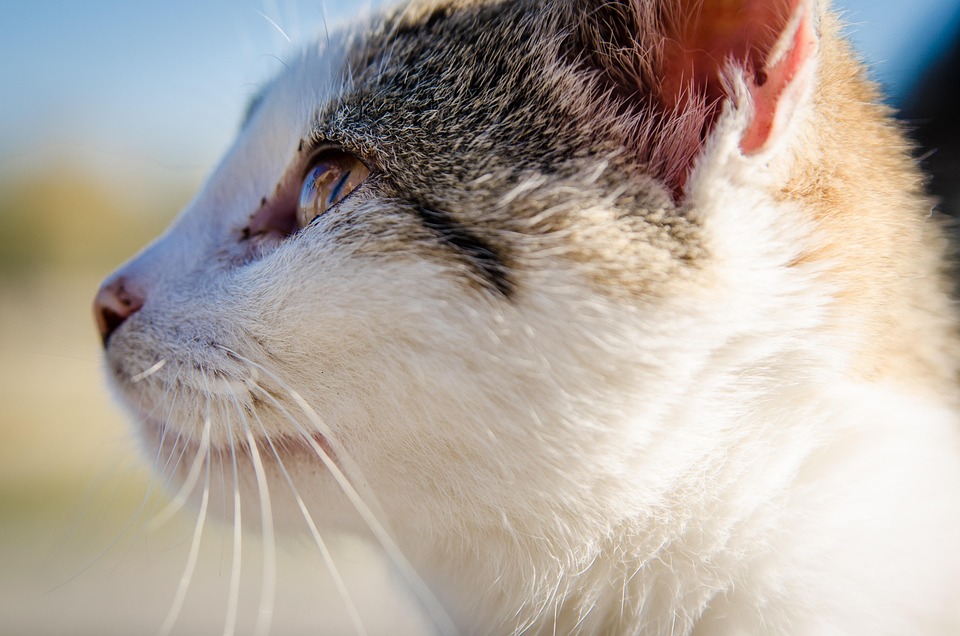
Introduction
Owning an exotic pet can be a profoundly rewarding experience, offering an opportunity to share your life with a creature that’s truly unique. From the vibrantly colored chameleons to the curious sugar gliders, these rare and uncommon pets require specialized care that differs significantly from the traditional cat or dog. As such, veterinarians who specialize in exotic animals are invaluable resources for ensuring these extraordinary pets live healthy, thriving lives.
Understanding Exotic Pets
Exotic pets encompass a wide range of species, including reptiles, amphibians, birds, and small mammals. Each species comes with its own specific needs, making it crucial for pet owners to be well-informed about their chosen pet’s diet, habitat, and general lifestyle. Before delving into the checklist, it’s essential to understand that exotic pets may have specific legal considerations depending on your location, including permits and ownership regulations.
Preparing for Your Vet Visit
Your relationship with a qualified exotic pet veterinarian is integral to your pet’s health. These visits should be regular, not just when your pet seems unwell. Here’s a guide to help you prepare for a successful vet visit:
Research and Choose the Right Vet
Not all veterinarians have the expertise to care for exotic pets. It’s crucial to find a veterinarian who specializes in the specific type of animal you own. Look for certifications and memberships in exotic pet veterinary associations, which can be indicators of the veterinarian’s commitment to and expertise in exotic animal care.
Gather Your Pet’s History
Compile all pertinent information about your pet, including its age, sex, diet, habitat, and any previous medical history. This information helps the veterinarian make informed decisions about your pet’s health needs.
Transporting Your Exotic Pet
Transporting exotic pets requires careful planning. Ensure that the carrier or transport method is safe and stress-free. For reptiles, maintain appropriate temperatures during transport. For birds, ensure they have enough space and ventilation in their carrier. For small mammals, a secure, familiar, and comfortable carrier is essential to minimize stress.
The Ultimate Checklist for Exotic Pet Health
Once you’re at the vet’s office, there are several critical health aspects that must be addressed to maintain the well-being of your exotic pet.
Comprehensive Physical Examination
Your veterinarian will perform a thorough physical examination. This includes checking the pet’s body condition, skin, feathers or scales, eyes, ears, mouth, and any other visible parts for signs of illness or injury. For reptiles, examining the tail and limbs is crucial as these are common sites for injury or disease.
Nutritional Assessment
Exotic pets often have very specific dietary needs. A nutritional assessment is vital to ensure your pet is receiving a balanced diet that meets its species-specific requirements. Discuss any dietary concerns you have, and ask for recommendations for supplements or changes to the diet if necessary.
Parasite Screening
Parasites can be a significant issue for exotic pets. Your vet should perform appropriate tests to check for internal and external parasites. Regular screenings are important as some parasites can severely impact your pet’s health if left unchecked.
Behavioral Evaluation
Behavioral health is a key component of your pet’s overall well-being. Discuss any behavioral changes or concerns with your vet, as these can be indicators of underlying health problems. Exotic pets, like all animals, can develop stress-related behaviors that may require intervention.
Vaccinations and Preventative Care
Some exotic pets may require vaccinations or preventative treatments, such as deworming or flea and mite prevention. Discuss with your vet the necessary preventative measures for your specific pet species to protect against common diseases.
Environmental Enrichment
Talk to your vet about the best ways to enrich your pet’s environment. Exotic pets often need stimulation to prevent boredom and stress, which can lead to health problems. This may include specific toys, habitat modifications, or social interactions.
Species-Specific Considerations
Each species of exotic pet has unique needs that must be addressed to ensure their health and happiness.
Reptiles and Amphibians
Temperature and humidity control are paramount. Reptiles and amphibians are ectothermic, relying on their environment to regulate body temperature. Ensure that their habitat includes basking spots and hiding places to mimic natural environments. Pay attention to shedding and hydration as indicators of health.
Birds
Birds require spacious cages and opportunities for flight and exercise. Nutrition is critical, with a balanced diet of seeds, fruits, and vegetables being essential. Feather condition can often indicate health status, so regular preening behavior should be monitored.
Small Mammals
For animals like ferrets, sugar gliders, or hedgehogs, social interaction and mental stimulation are vital. Ensure they have a safe space to explore and play. Regular handling and socialization can prevent behavioral issues.
Conclusion
Caring for an exotic pet is a unique and rewarding challenge that requires dedication and specialized knowledge. By following this vet checklist and maintaining a strong relationship with an experienced exotic pet veterinarian, you can ensure that your rare and uncommon pets lead healthy, enriched lives. Remember, proactive health care, informed dietary choices, and environmental enrichment are key to the well-being of these fascinating creatures. Your commitment will be rewarded with the joy of watching your exotic pet thrive in your care.
#ChatGPT assisted in the creation of this article.








